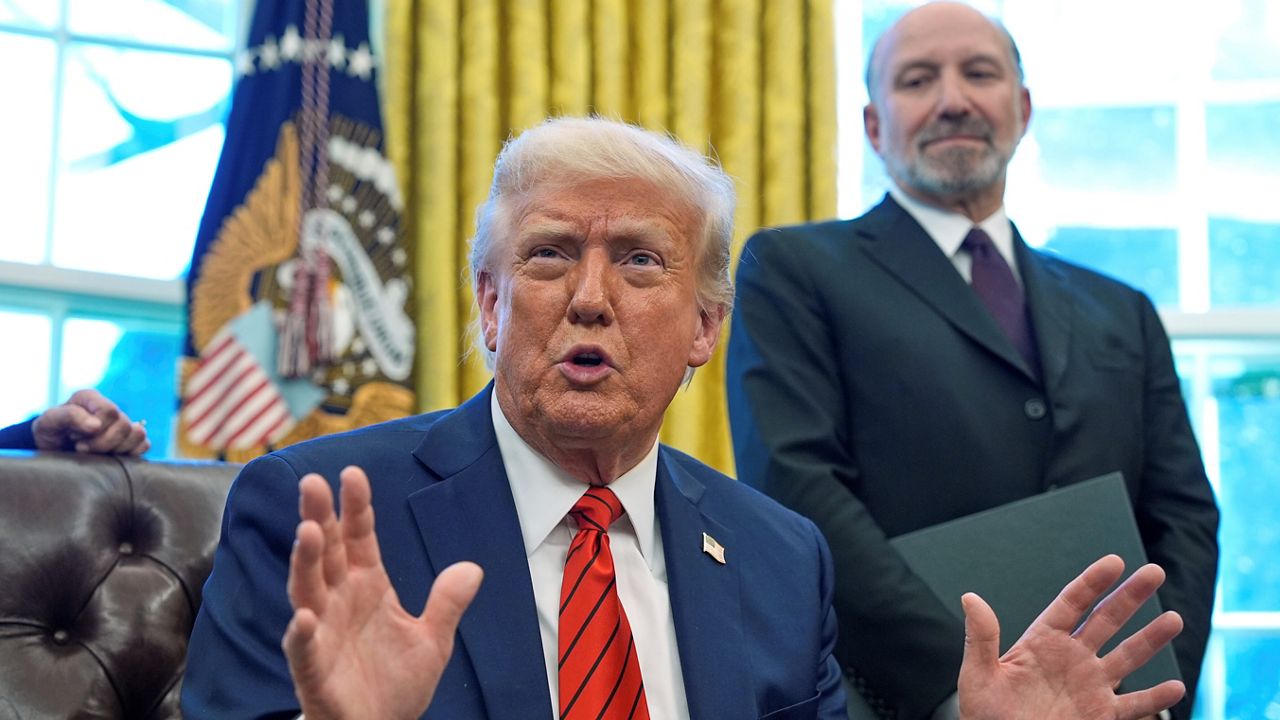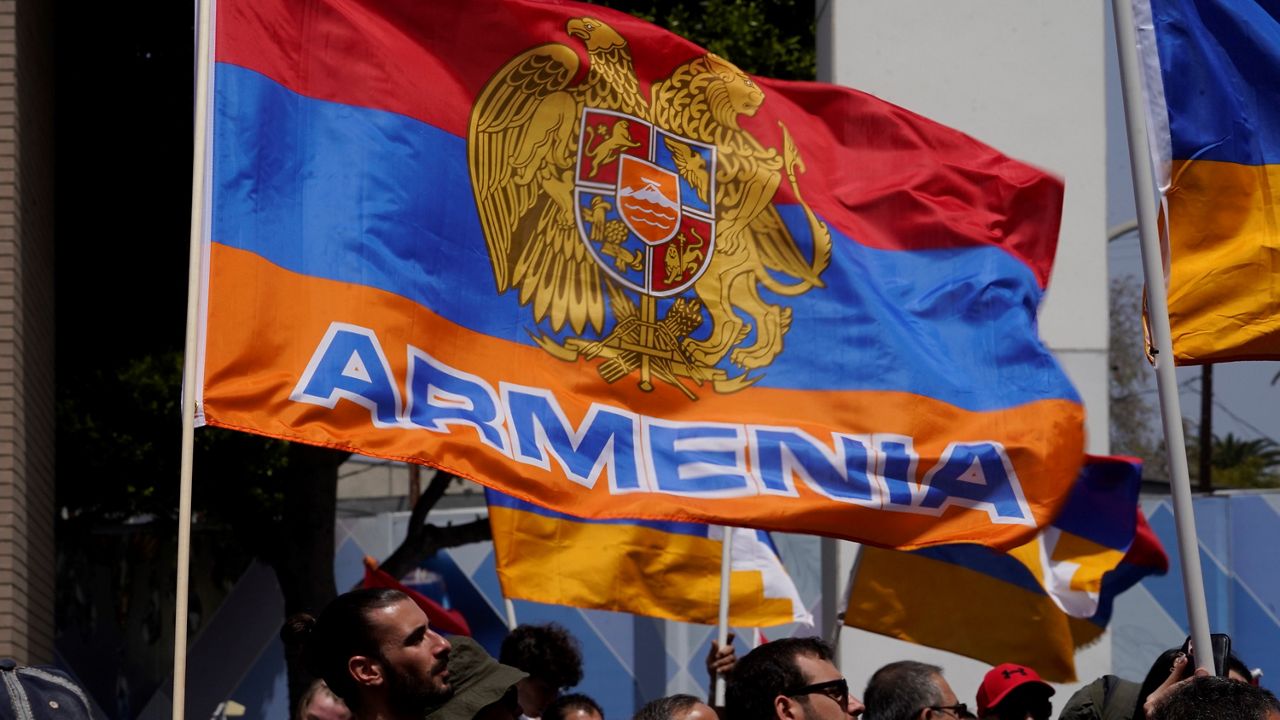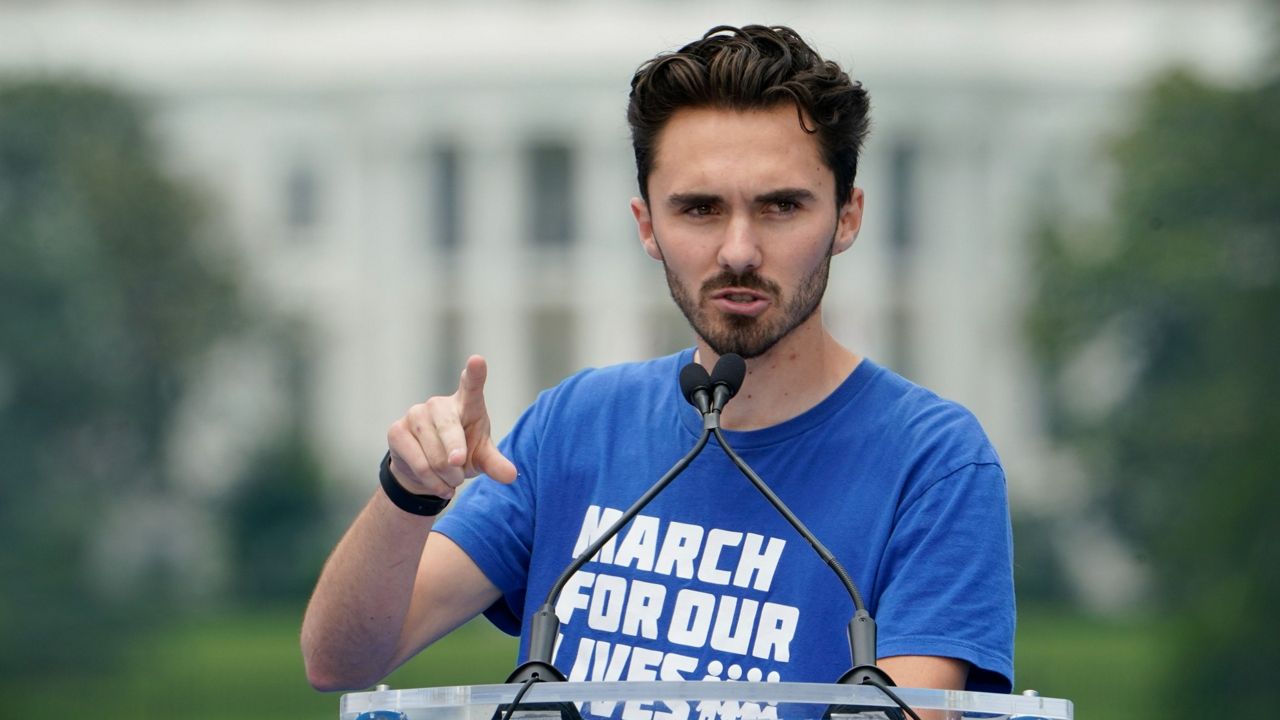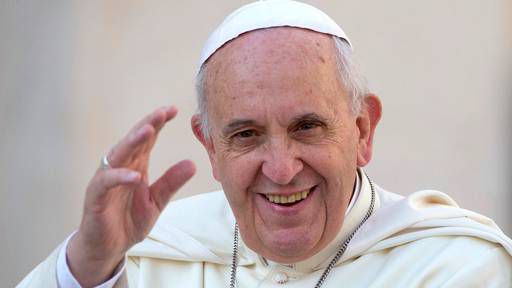LOS ANGELES — Los Angeles is home to more than 140,000 Native Americans from over 200 federally recognized tribes, more than any other county in the United States, according to the Los Angeles City/County Native American Commission.
Frankie Vegas is a local designer of the brand Who's Frankie and the daughter of Pat Vegas, singer from the Native American rock band 'Redbone' from the 1970s. She was born and raised in LA, but Vegas is half Native American on her father's side from the Yaqui and Shoshone tribes and Italian on her mother's side.
Vegas said that growing up with one foot in opposing worlds has made her feel conflicted about Thanksgiving, trying to balance honoring each parent during the holiday.
"Even though it's a day of celebration for a lot of people, being thankful for being alive, and having this feast, there's a lot of sadness and heaviness that comes with it for the Native American people," Vegas said. "There's a lot of turmoil and feelings of neglect when it comes to Thanksgiving due to the fact that in our history books, it's a depiction of a very amicable gathering between pilgrims and the Wampanoag tribe. But the true tale behind it is a bit different."
The sentiment was echoed by nearly every person who spoke to Spectrum News.
Vegas refers to the oft-mentioned fact that our modern story about Thanksgiving is historically inaccurate and glosses over the atrocities committed against Native Americans in the years before and after the first Thanksgiving. Many say that not acknowledging the real history perpetuates the cycle of generational trauma that many in the Native American community still experience today.
Joseph Quintana is the director of the United American Indian Involvement, a downtown-based organization that provides healthcare and community services for more than 200 federally recognized tribes in Los Angeles.
Born and raised in LA, Quintana hails from the Kewa Pueblo tribe, one of the federally recognized tribes of the Pueblo people. Quintana agrees with Vegas, saying the real history needs to be recognized, especially on Thanksgiving, for his community to move forward.
"For me, Thanksgiving does have its benefits but of course it also has its drawbacks," Quintana said. "There's no way for us to move forward unless we recognize what took place throughout history. That we only became U.S. citizens less than 100 years ago, and that we've only been able to practice our religions freely for less than 45 years."
These types of experiences and facts, Quintana said, are what should be discussed over our modern Thanksgiving tables.
Patricia Lopez is a healthcare practitioner working with UAII whose family is also from the Tewa tribe and came to Los Angeles on the Indian Relocation Act of 1956. This act encouraged native peoples to leave tribal lands and assimilate into non-native culture. Lopez said the core concepts around Thanksgiving – feasting with family, giving thanks to their creator — are inherently native concepts, and for that reason, she views Thanksgiving with mixed emotions.
"For us it's not just one day, we celebrate Thanksgiving the whole month of November — the whole year really. So, it's not the one day," Lopez said.
But Lopez expanded, saying that she struggles to separate the Thanksgiving holiday from the history of her people.
"And I'm mixed about — and I always have been mixed — about whether it's a happy time or a sad time. Because all the remembrances that we have during this month, for the people who have been victims of boarding schools, or any of the other things the federal government has done to us — it's mixed. It's mixed for me," Lopez said.
Tuatahi performer Sage Andrew Romero said that they've claimed Thanksgiving back in his family and use it as a time to celebrate their own culture and heritage.
"This feasting and everything, it coincides with a lot of our traditional practices anyway. Our people would come together at the end of the season to celebrate the harvest. It's a big part of native culture," Romero said. "We don't do it as 'pilgrims and Indians', we don't do any of that stuff. To us, it's a time to come together and celebrate our identity and the fact that we're still here."
So, where does that leave us today? The millions across the country who love the holiday and all it stands for? Vegas said the answer is simple: have conversations around the Thanksgiving table that acknowledge the Native American experience.
"We can't change the past. What we can do is make reparations for the present, to acknowledge the wrongdoings of the past and look toward the future. That's how we can make this holiday more memorable for the Native American community in an honest way," Vegas said.











